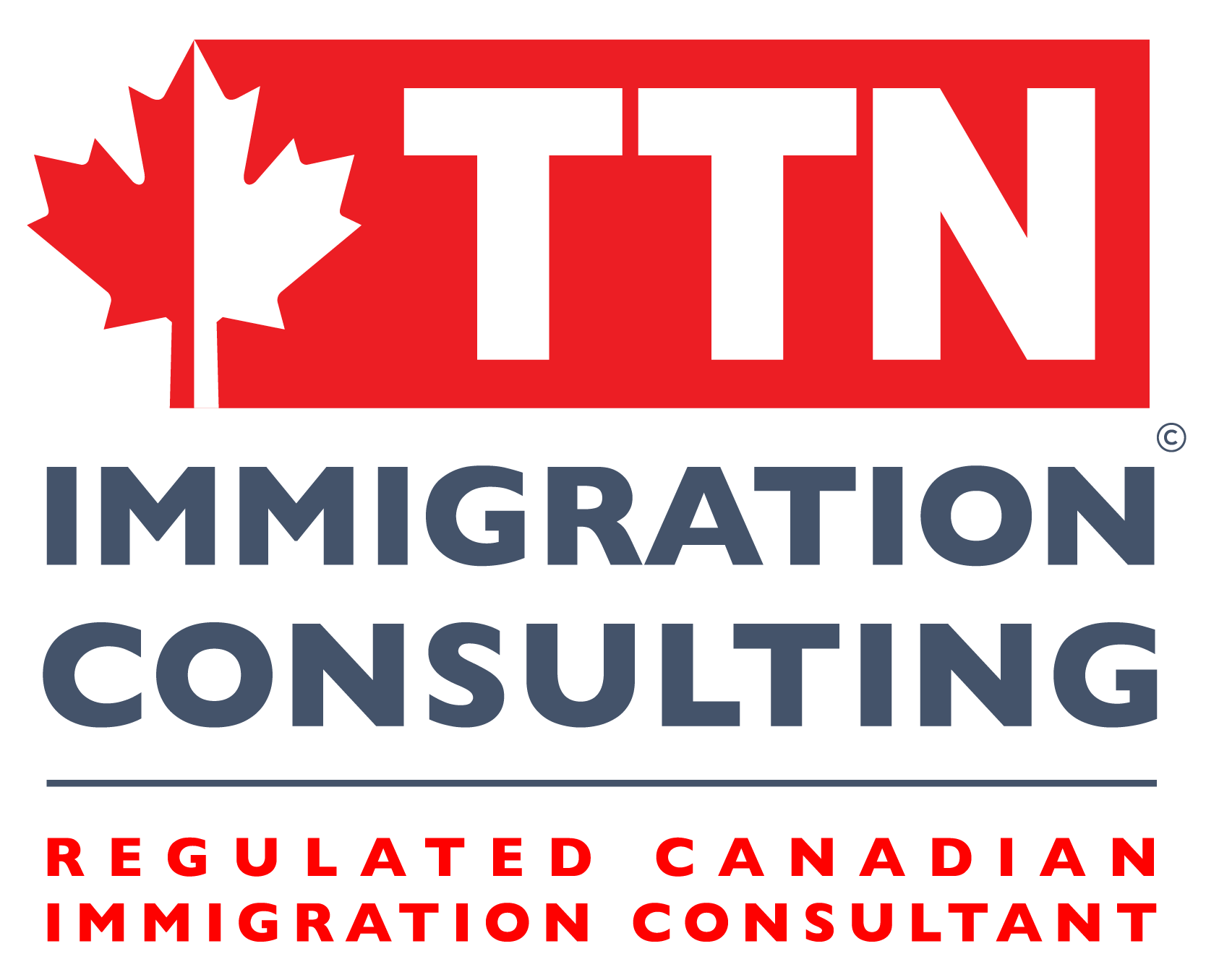3 Options For International Students in Canada To Extend Their Stay
International students in Canada have several options to extend their stay after graduating from their initial study program. Given recent changes in Canadian immigration policies and the increasing competition for permanent residency, many students are anxious about finding legal ways to remain in the country. Extending your stay in Canada as an international student is attainable with the right information and approach.
To provide clarity, here are the most common and feasible options for international students in Canada to extend their stay legally. It is important to consider your permanent residency options before choosing any of these pathways to ensure they align with your long-term goals.

1. Extend Your Student Status
If you have completed a one-year course, you can apply for a second course and extend your study permit. Instead of immediately applying for your Post-Graduation Work Permit (PGWP), consider using the program stacking option to maximize the duration of your PGWP, which you can only receive once in a lifetime. Typically, a one-year study program grants you a one-year PGWP, while a two-year study program grants you a three-year PGWP.
Opting for a Master's program can be particularly beneficial, as it not only helps extend your stay in Canada but also increases your points for permanent residency through dedicated Provincial Nominee Programs (PNPs) such as Ontario’s Masters Graduate stream, or through the Express Entry system.
Keep in mind the new PGWP eligibility requirements introduced by the Canadian Immigration Department as of May 15, 2024. To extend your stay, apply for a study permit extension based on your new study program offer letter at least 30 days before your current study permit expires. Additionally, remember to renew your Social Insurance Number (SIN) and health insurance with your extended study permit.
2. For International Students with an Expiring PGWP
If your Post-Graduation Work Permit (PGWP) is expiring soon and you don't have enough points to meet the current permanent residency scores, you can extend your stay by enrolling in a new study program and switching your status back to that of an international student. However, remember that you cannot claim another PGWP after completing your second study program, as you can only receive a PGWP once.
Choose a study program that aligns with in-demand occupations for permanent residency or one that will help boost your existing score for permanent residency.
If you prefer not to return to student status, you can apply for a closed work permit, which requires a job offer and a positive Labour Market Impact Assessment (LMIA) from a Canadian employer. This route can be challenging, as not every student may secure a job offer that matches their skills, and employers may be unwilling to support their immigration status. Additionally, this option can be costly, as some employers charge high fees for LMIAs, sometimes even exceeding the cost of a study program.
Therefore, it may be more economical to return to student status, which typically costs less than what some employers charge for LMIAs.
3. Extend Your Stay as a Visitor
In addition to extending your stay through further education or work permits, you can also apply for a visitor visa. A visitor visa is typically valid for 10 years or until your passport expires, whichever comes first, and allows you to stay in Canada for up to six months at a time. To extend your stay beyond this period, you can apply for a visitor record.
However, visitors are not permitted to work legally in Canada, and any informal or cash work cannot be counted towards permanent residency programs. Some visitors obtain a U.S. B1/B2 visa, leave Canada for 24 hours, and then return to restart their six-month stay without applying for an extension. This is a legal way to extend your time in Canada for another six months.
Whether you choose to extend your stay through work permits, further education, or a visitor visa, there are multiple pathways to continue your journey in Canada. It is essential to plan carefully, keeping your future permanent residency options in mind.
English version: https://ttnimmigration.ca/vi/en/3-cach-cho-du-hoc-sinh-keo-dai-thoi-gian-cu-tru-lai-canada/

